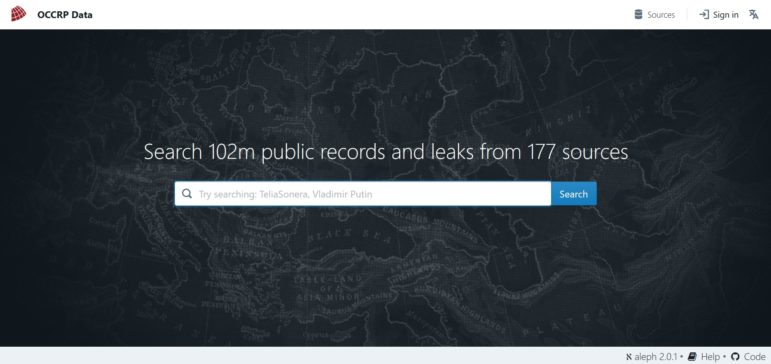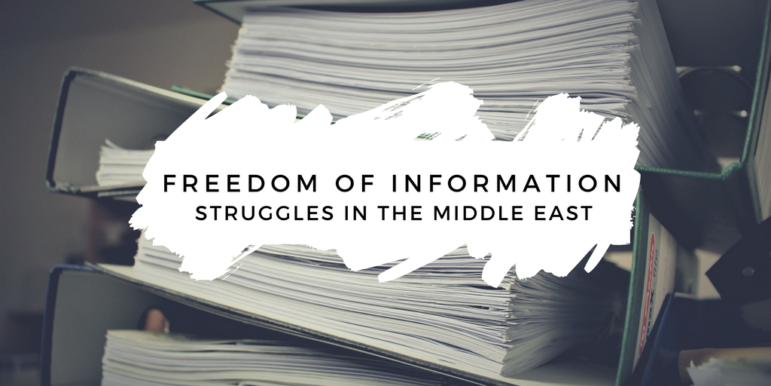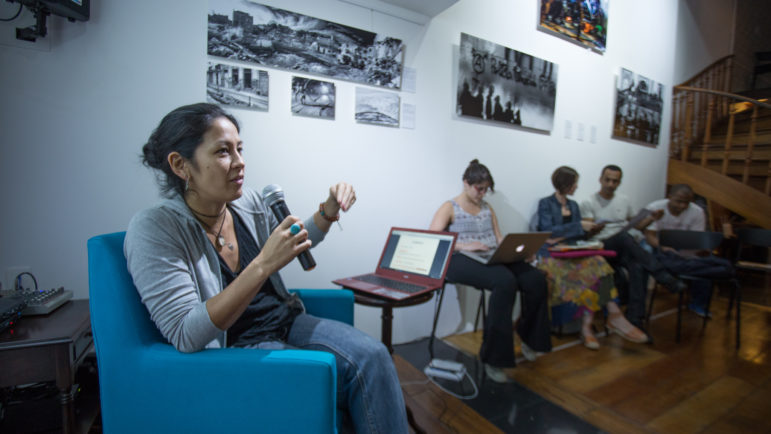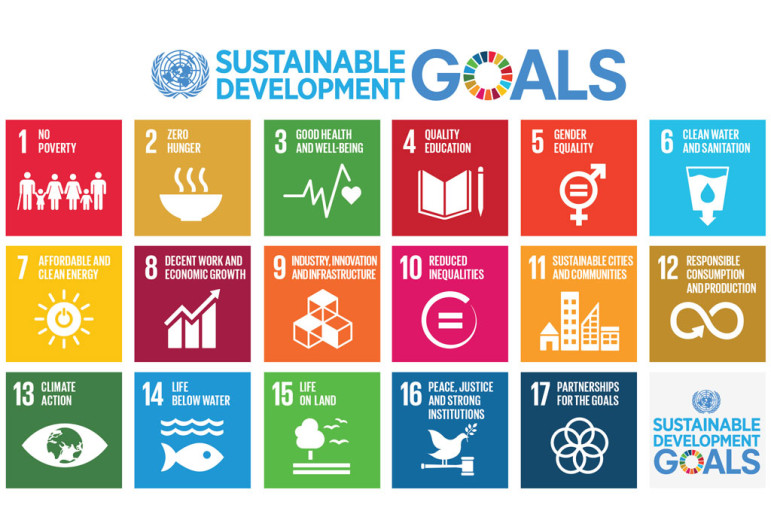On September 25, world leaders adopted the Sustainable Development Goals (SDGs) at a United Nations summit. The new goals commit all 193 UN member states to an ambitious development agenda that calls for poverty eradication, environmental protection, gender equality, disease prevention, universal schooling, ‘inclusive’ growth, and good governance – and includes, for the first time a commitment to public access to information. This new commitment has potentially transformative implications for the free flow of information and independent media development worldwide.










